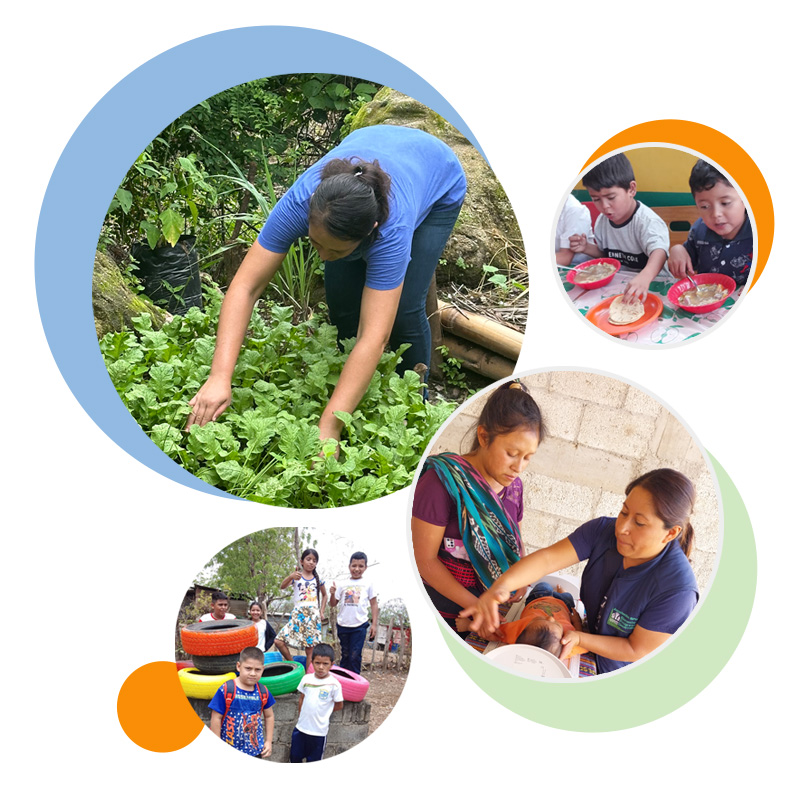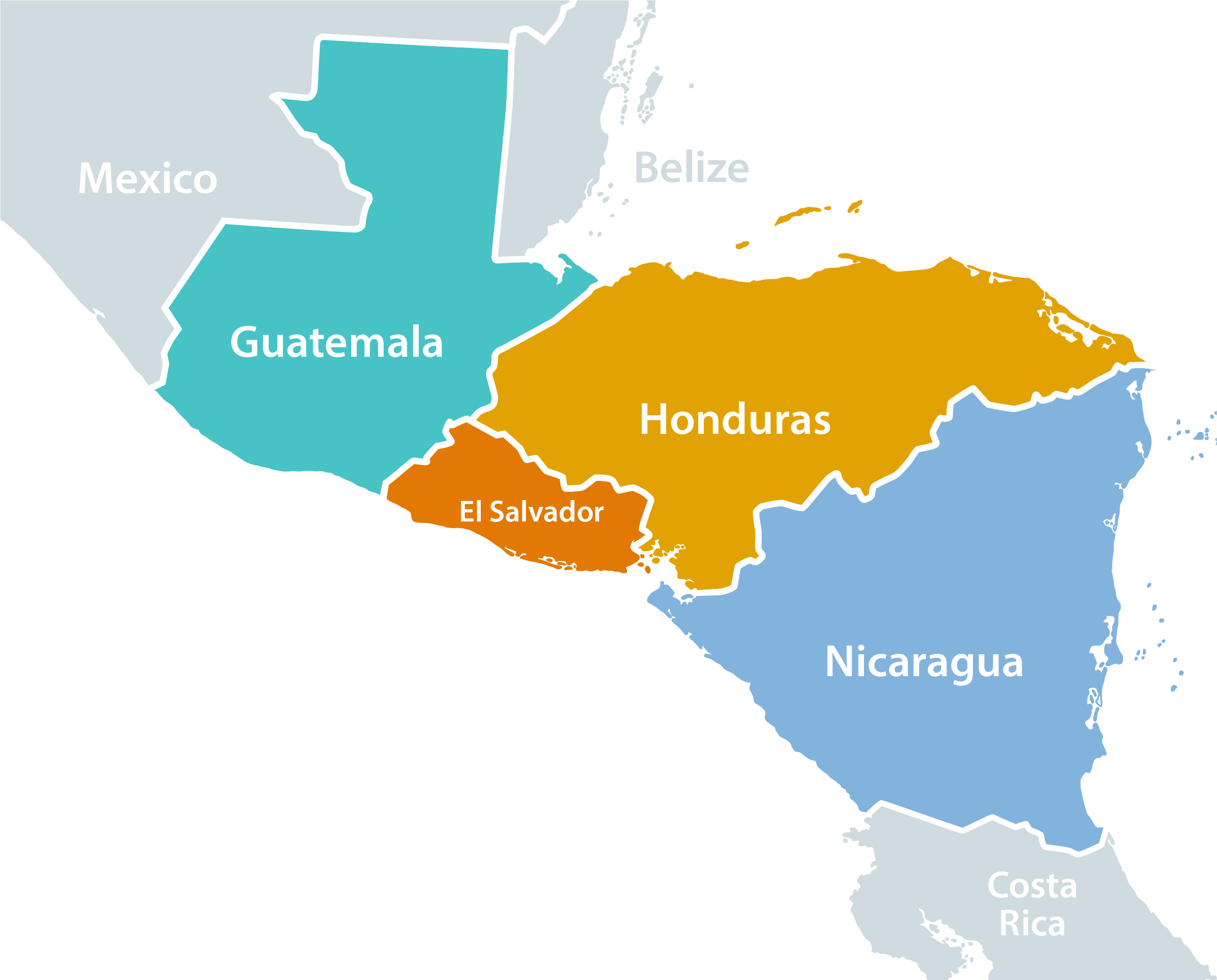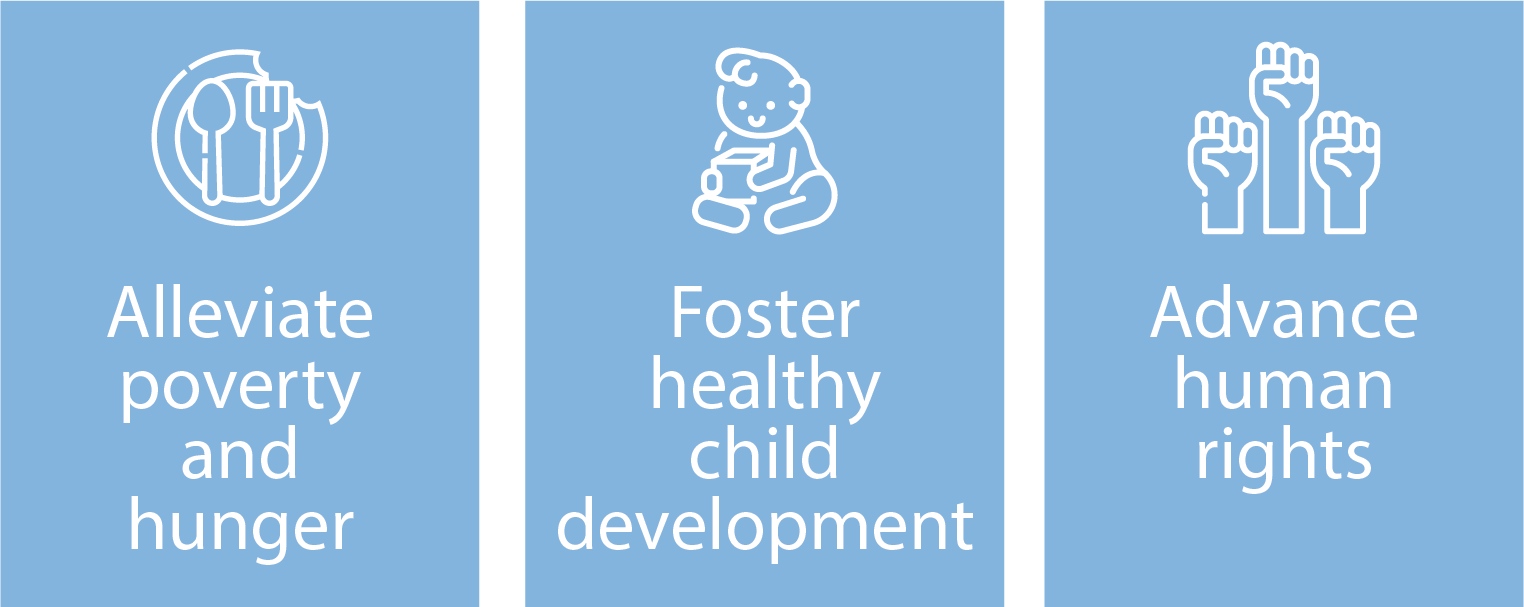Supporting local communities to take charge of their own development


Focusing on:
Best practices that have shown to make a difference in people’s lives and transform communities
Our Program Highlights
El Salvador is the smallest country in Central America, with a population of 6.5 million. Despite being highly urbanized, the country experiences high rates of poverty and significant out-migration. Kenoli partners improve the lives of the most vulnerable and provide them with meaningful opportunities, thus discouraging out migration.
Guatemala has the largest population (17.3 million) and economy in Central America. However, Guatemala’s poverty and inequality rates are among the highest in Latin America, particularly in rural and Indigenous communities. Kenoli partners in Guatemala work to alleviate poverty and address inequality by empowering girls and women, ensuring food security, supporting Indigenous rights, and promoting holistic rural development.
Honduras, with a population of 10.4 million, is one of the more unequal countries in Latin America. While Honduras has made progress in reducing poverty, half of the population still lives in poverty. The homicide rate has fallen but continues to be one of the highest in the world. Kenoli partners work in very challenging conditions, addressing human rights, holistic rural development, early childhood development, food security, and technical training in rural villages.
Nicaragua is the largest country in Central America but has a population of only 6.9 million. The country is relatively safe; however, poverty rates are high. Most of the population works in the informal sector, making their employment precarious. Kenoli partners work in food security, early childhood development, holistic rural development, economic development and clean water and sanitation.
